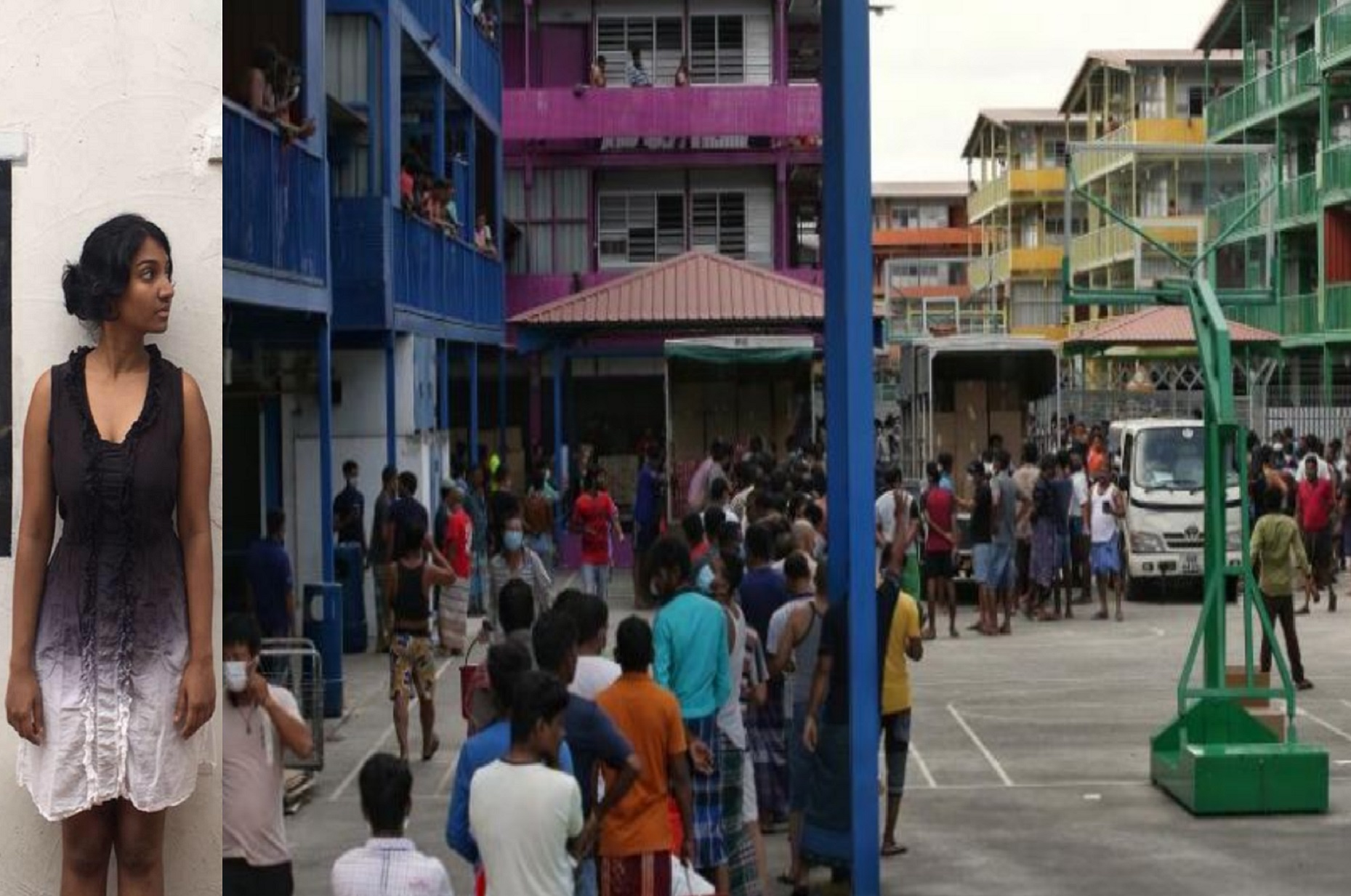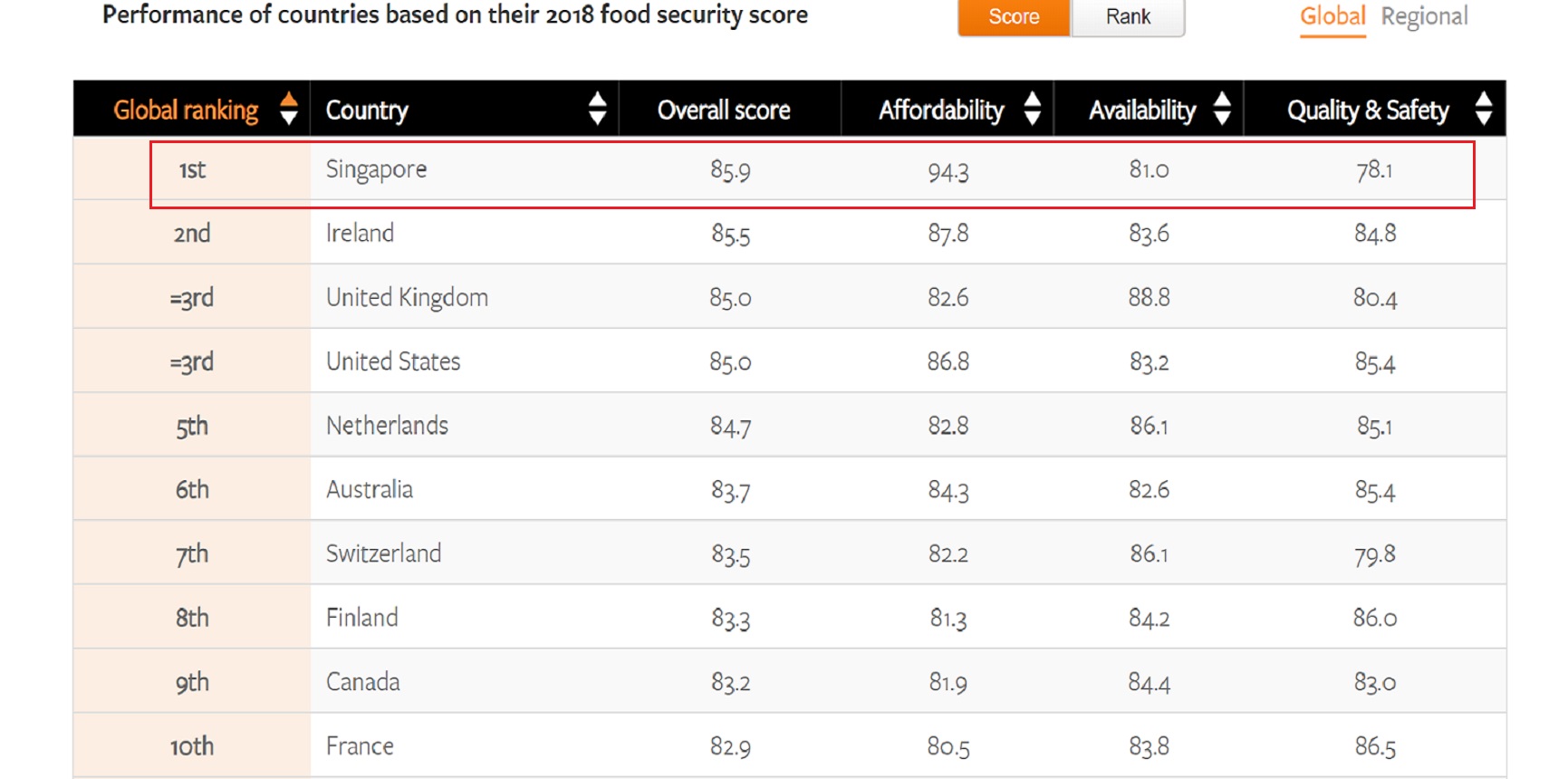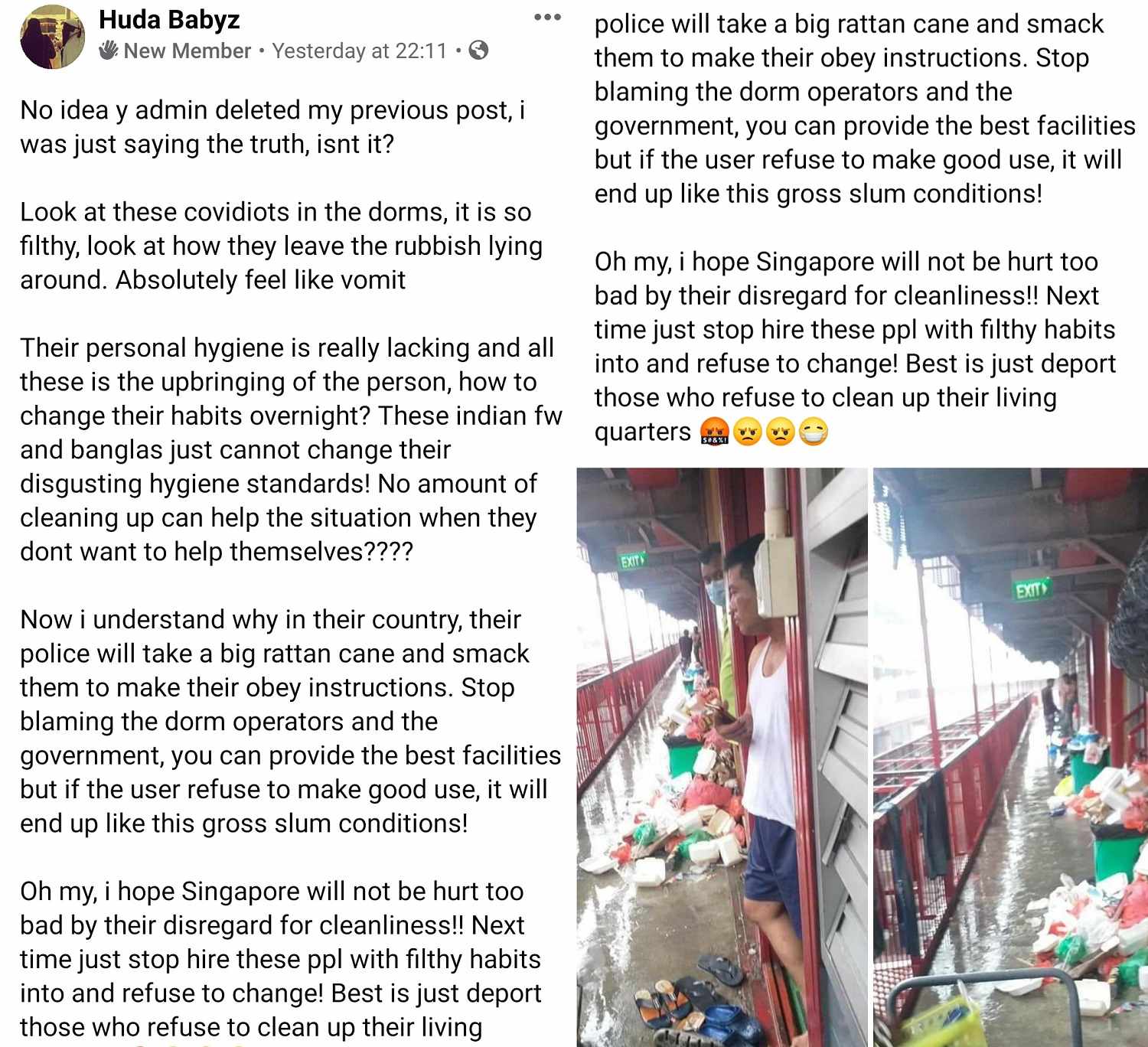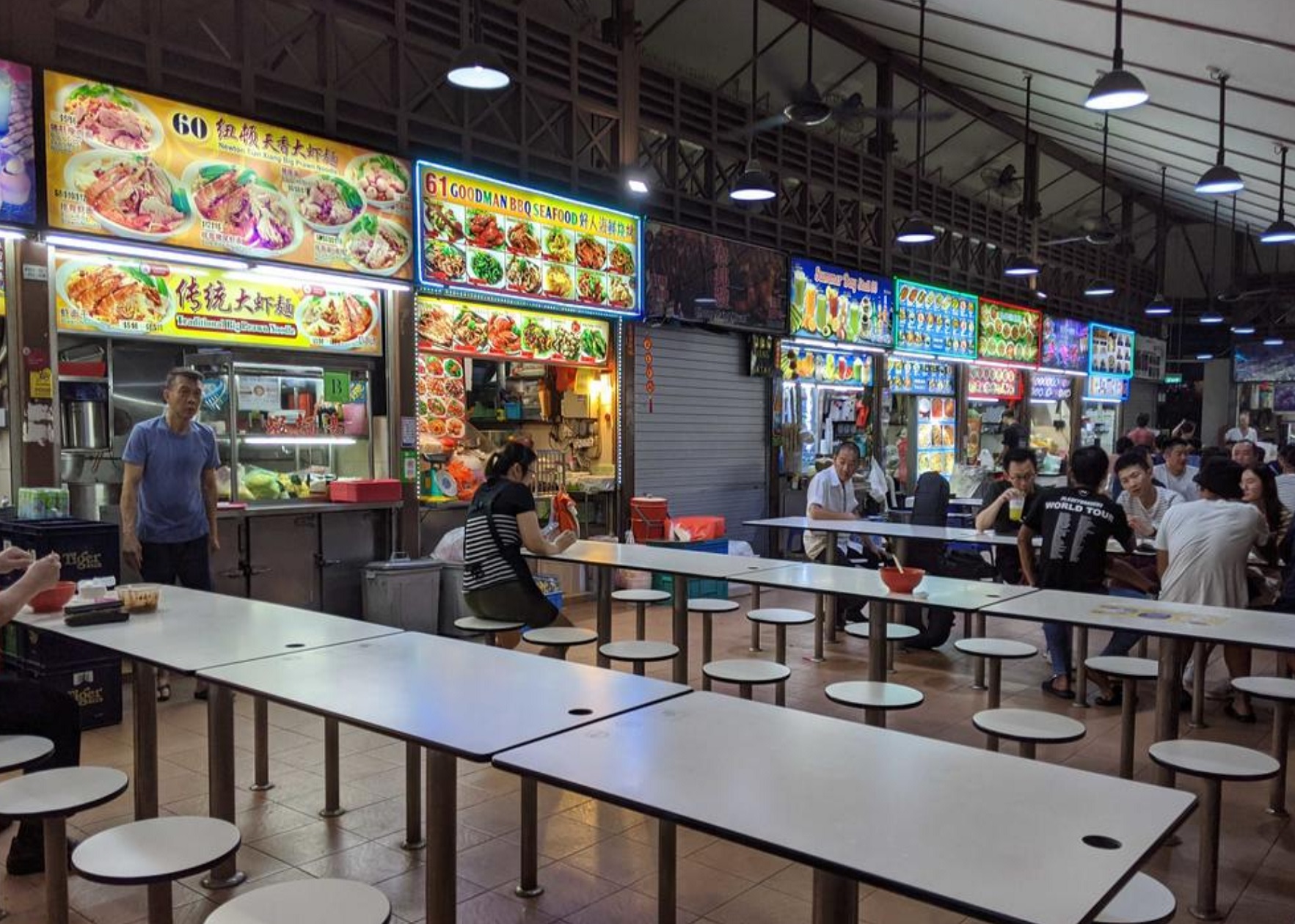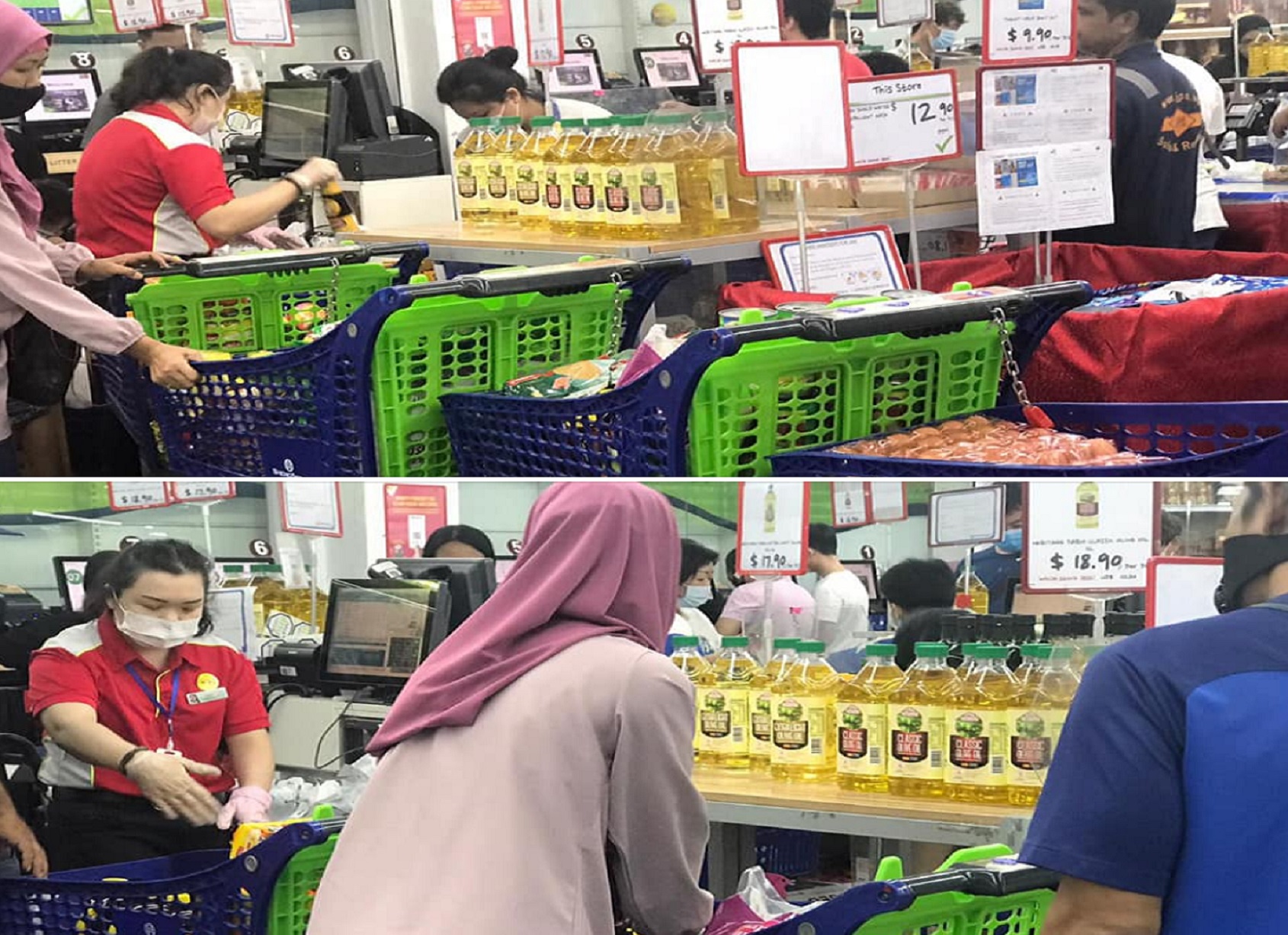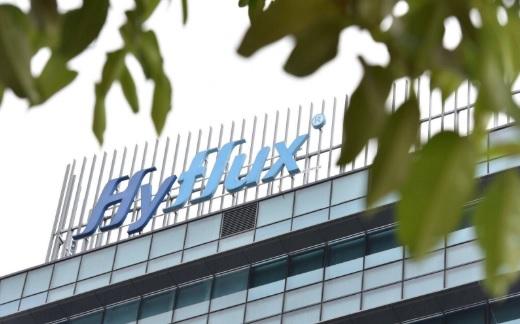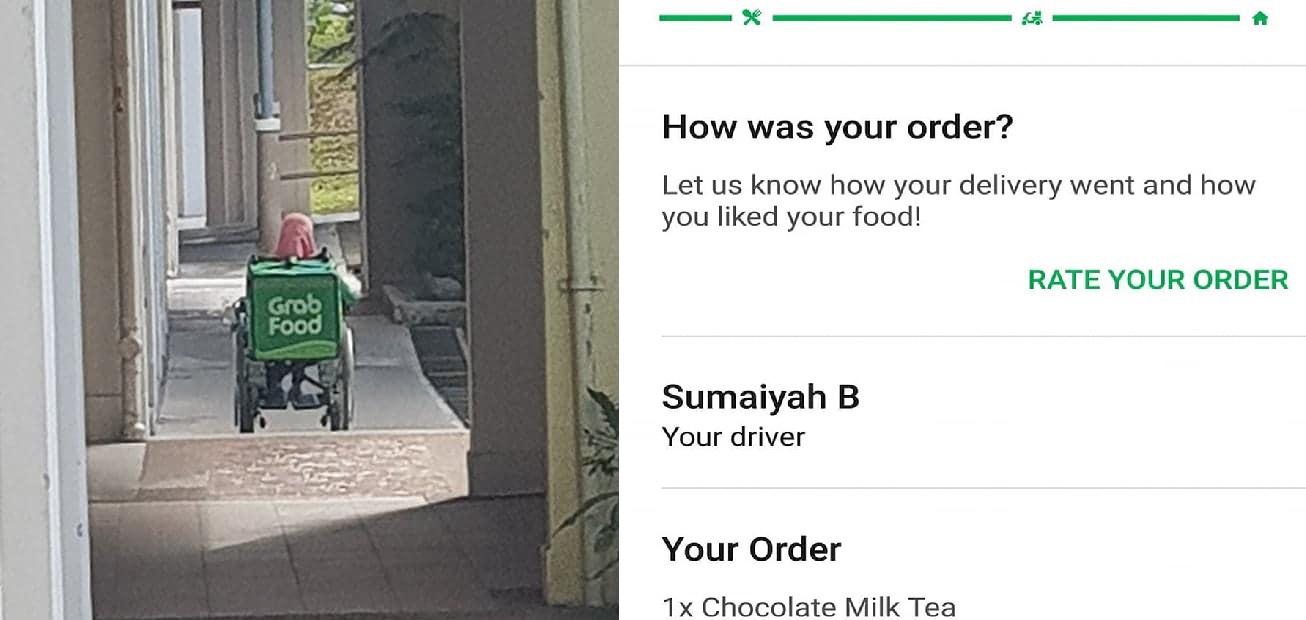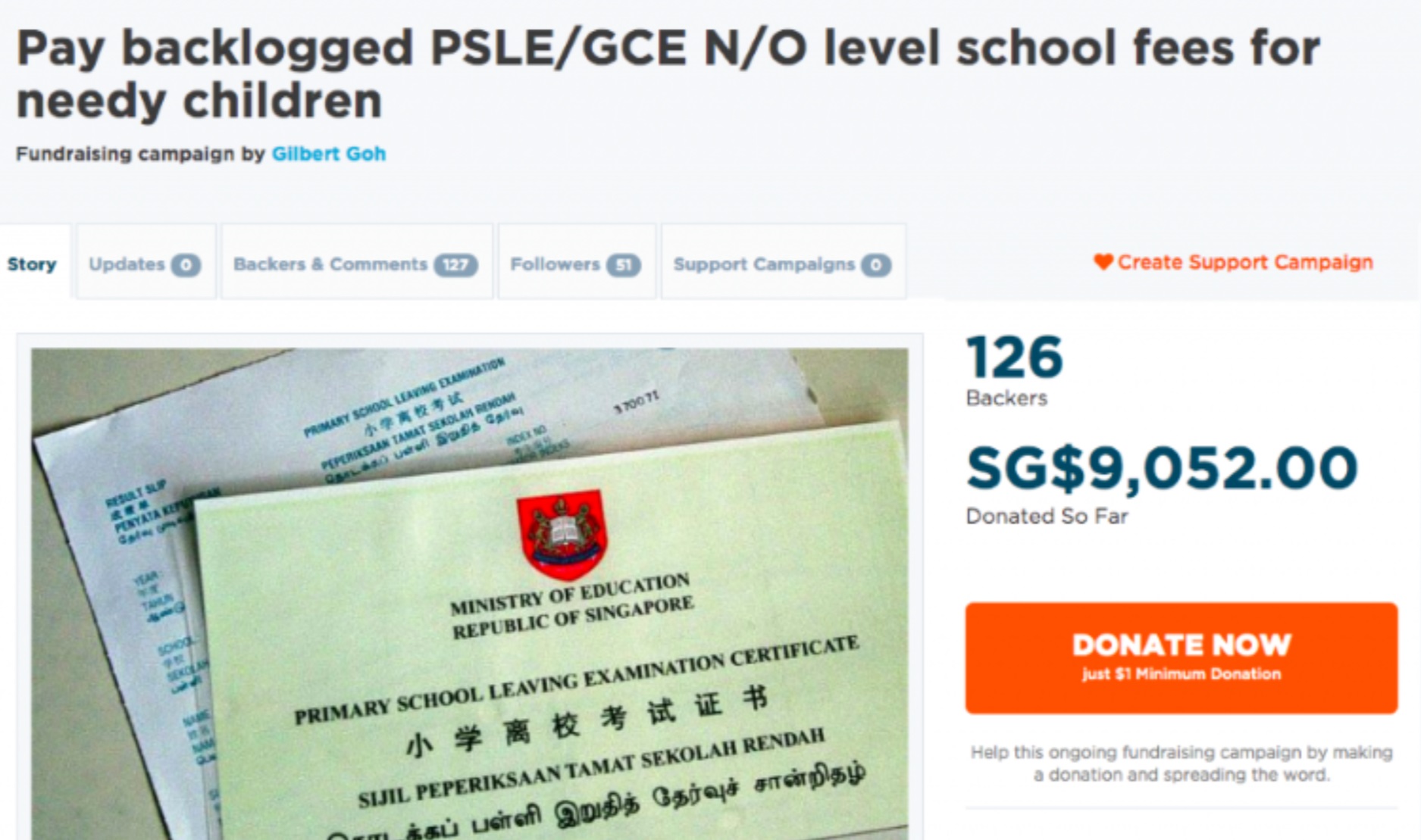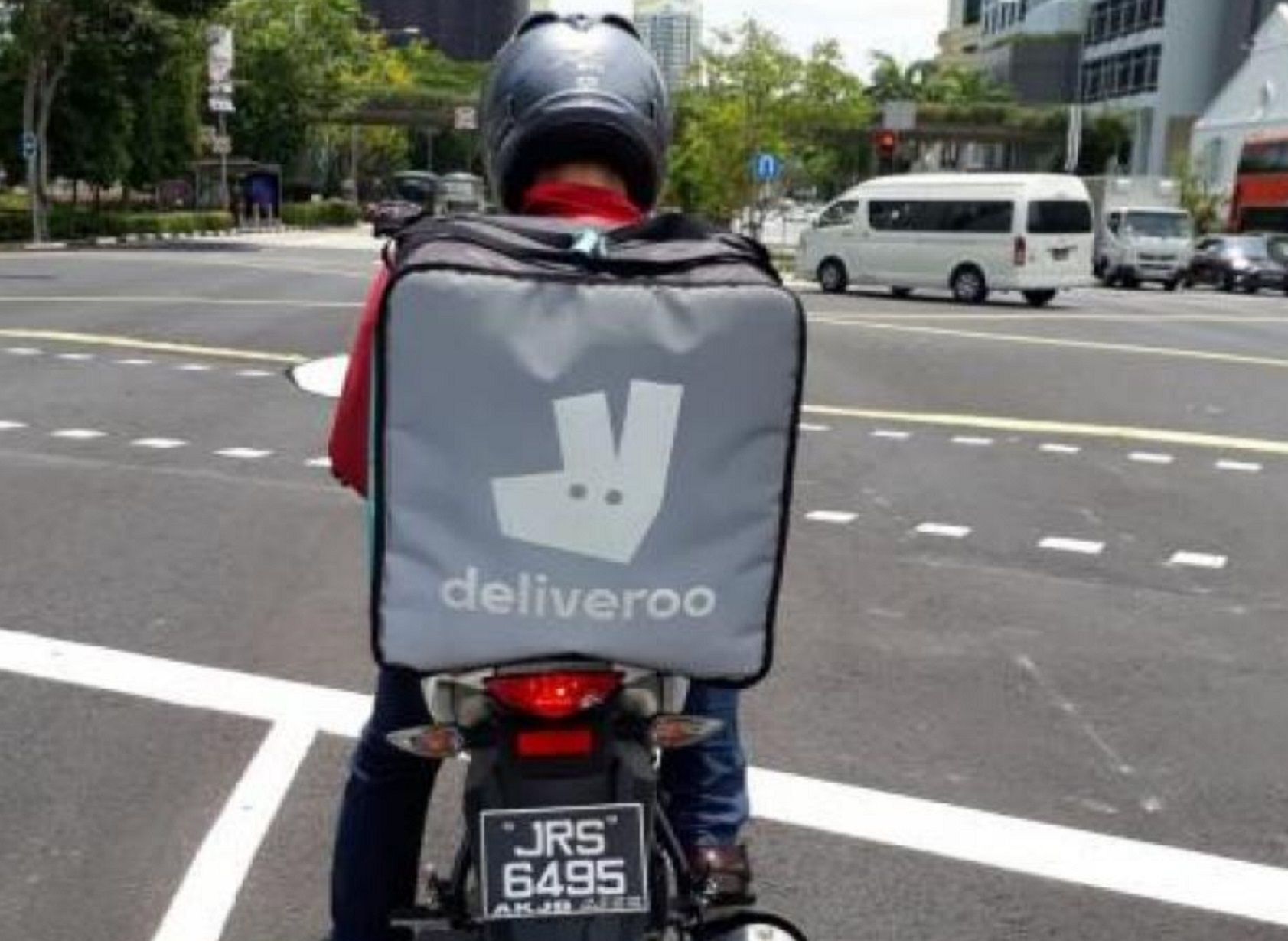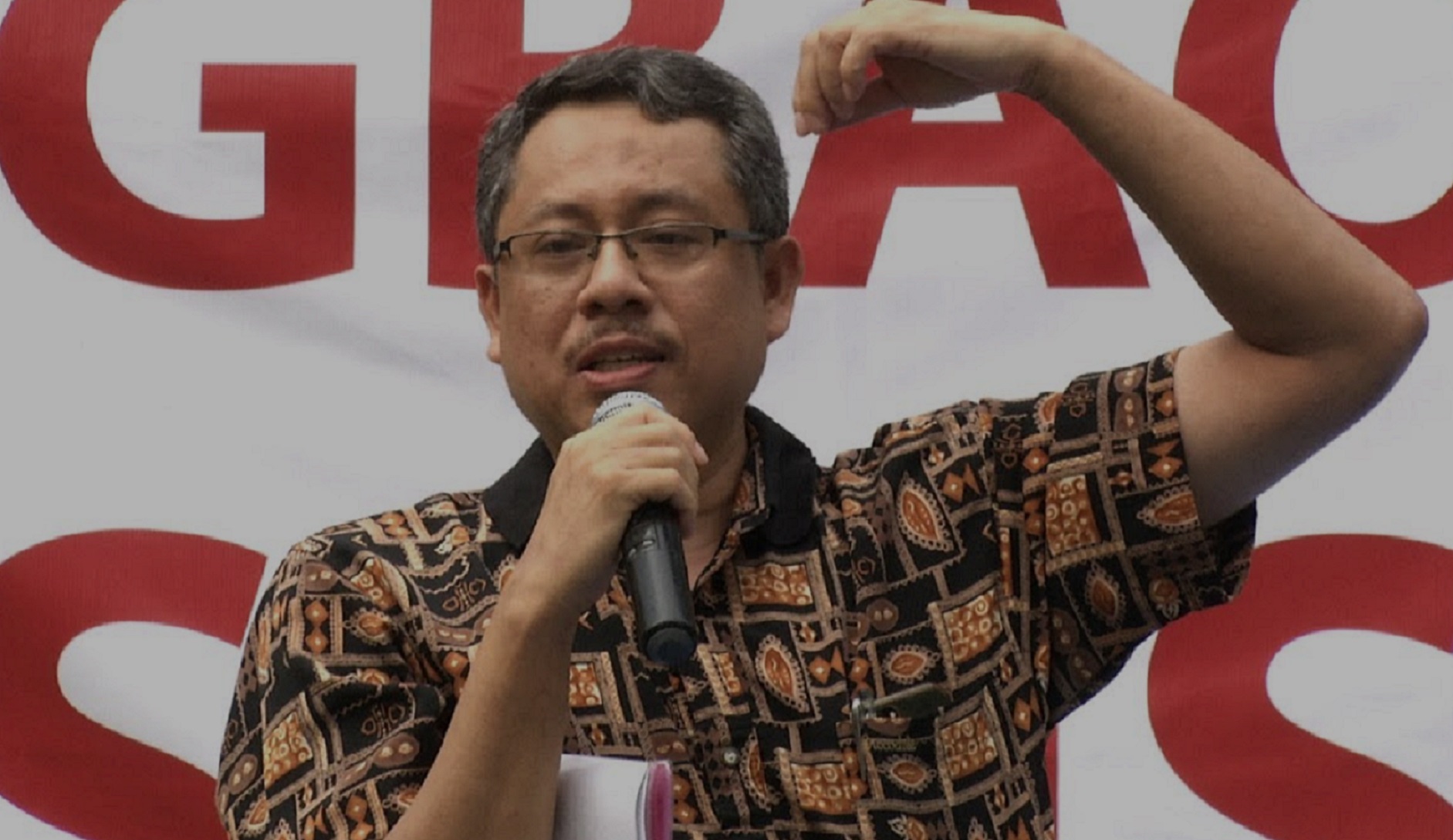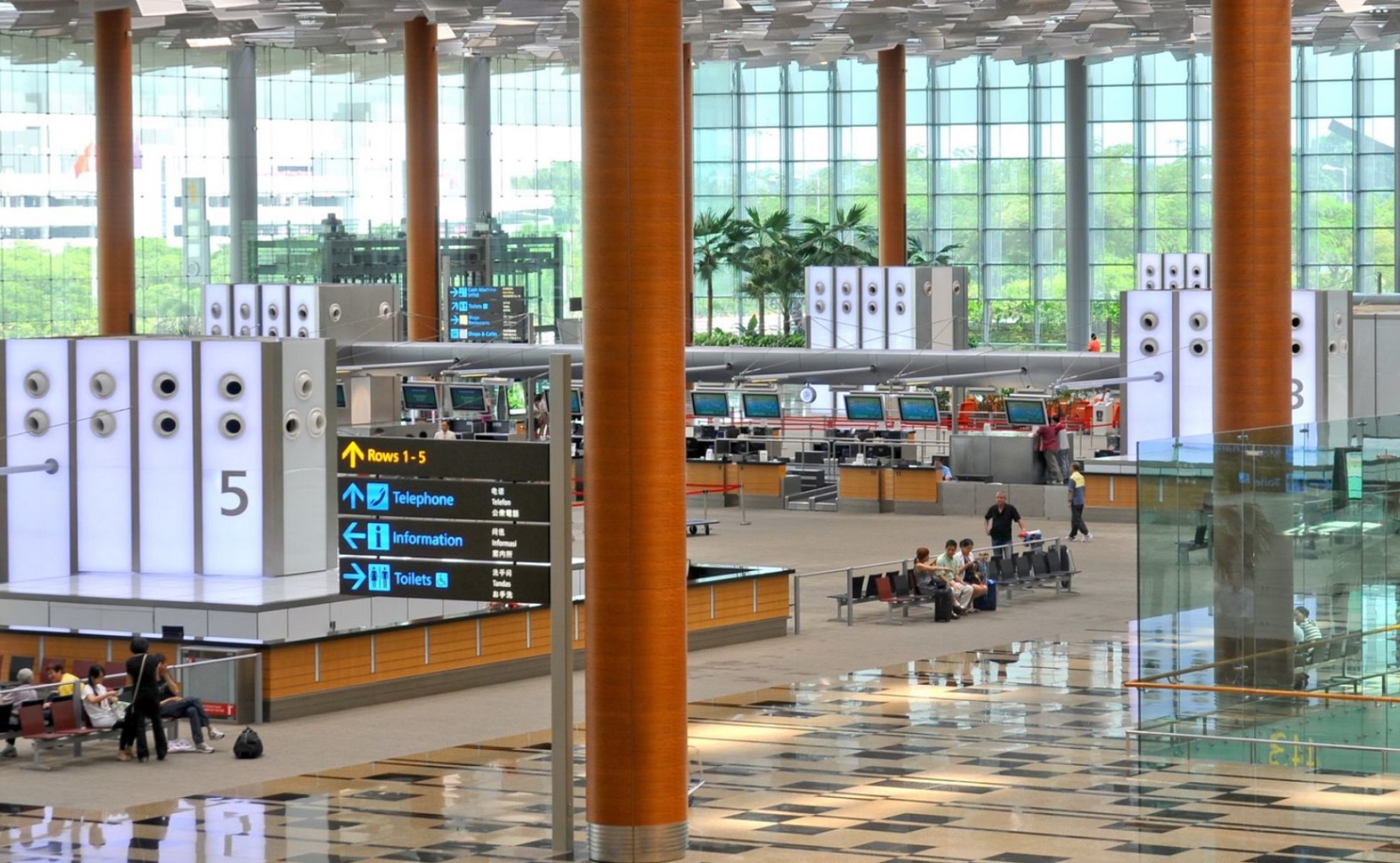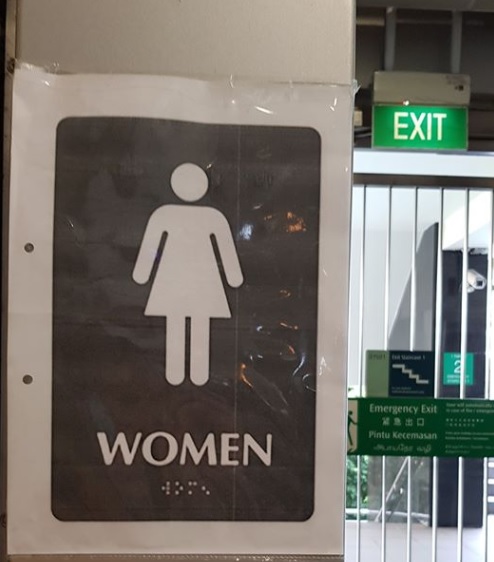The year for Singapore is ending on a slightly sour note due to the recent conflict with Malaysia. Both sides have agreed on a bilateral meeting in January 2019 to resolve the issues. While there may be some consensus on certain issues, it's not likely that there'll be more affirmative outcomes resulting from the meeting.
In the meantime, Malaysia has announced its plans for the temporary ban on the export of eggs, four species of fishes, and shrimps, to Singapore. The seafood ban will take place in Jan-Feb 2019, overlapping with CNY festivities. Among the species whose export can be halted are “kembung” (mackerel), “selar” (trevally), “pelaling” (Indian mackerel) and “bawal” (pomfret). Singaporeans are understandably concerned by the potential impacts.
We cannot say for certain if these plans are part of Malaysia's arsenal of non-military retaliatory weapons targeted at Singapore. On its part, Malaysia has indicated that these moves are what it deems necessary to meet the demand from domestic consumers during the monsoon season when supply is limited. Thailand will also be affected by the ban.
This is not the first time that Malaysia has banned the export of fishes in Singapore. The previous administration under Najib Razak imposed temporary bans to Singapore in 2013 and 2014. In fact in 2014, supplies were halted twice due to limited supply during the monsoon season. Consequently, there was an almost 20% increase in the prices of the affected fish species. Apart from this increase in prices, Singapore was largely unaffected by the bans.
The Singapore government must do more to ensure our food security. Without food and having adequate food security, we will always become vulnerable to changes in the external geographic, climate, social, and political conditions. Providing food for Singaporeans is a basic duty that our millionaire Ministers have to fulfill. What's the purpose of paying them so much that every time there is a limit to the food exports to Singapore, there is discontent and disquiet from the public.
Why then is Malaysia still the biggest source of egg for us? According to AVA, in 2017, Malaysia accounted for 73% of eggs imported to Singapore. Why didn't the millionaire Ministers look at reducing this to 65% this year and 60% next year and 55% the year after? If they had done so, the impact of any ban of egg exports to Singapore from Malaysia will be even more minimal.
Let this be a lesson for the millionaire Ministers. Not many of us Singaporeans are super-rich and have the money to eat more expensive egg or fish alternatives. Do not forget about the common man.
They must not get complacent. A 2018 report by the Economist Intelligence Unit ranked Singapore first in terms of food security. While Singapore scored high for 'affordability' (94.3), Singapore scored 81 for 'availability' and 78.1 for 'quality and safety'. There is room for improvement especially, for the last two measures on the index.
Rankings like that don't make Singaporeans feel 100% secure about their food supply. What the people on the ground actually feel or perceive, are the impacts on their daily life, also matters.
The writer, Faith, still wants her kaya toast with eggs, and fish soup.
